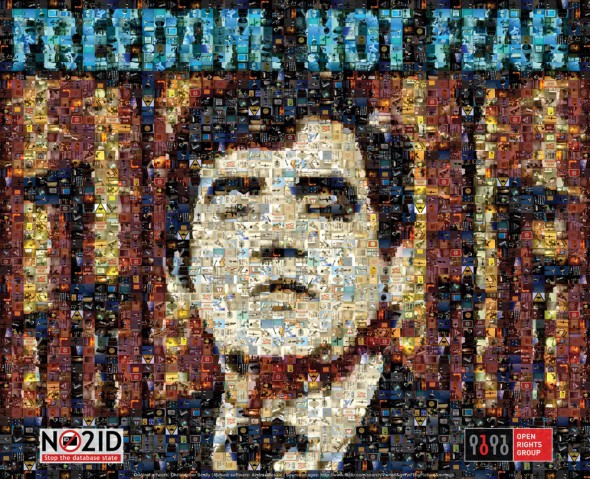
In the wake of 9/11 and the wave of civil liberties violations that followed, ordinary citizens around the world have become accustomed to being viewed as guilty until innocent. Airports, bridges and monuments quickly become proving grounds of innocence when a slip of the tongue, snap shot, or being in the wrong place at the wrong time is construed as a dangerous activity. This system of surveillance and the performative gestures it inspires quickly spread to more intimate places, like telephone conversations and internet searches. While some view surveillance as an unfortunate, but necessary step in protecting other freedoms, an increasing number of concerned citizens are not willing to sacrifice their privacy to participate in the theater of so-called justice and security, claiming such violations damage the very fabric of democracy.
As citizens around the world celebrated Freedom Not Fear Day, a day of peaceful protest intended to counter some of the challenges facing democracy today, the response was especially spirited in England, a country where there is one cctv camera for every 14 citizens according to the bbc. Londoners gathered beneath a statue of Winston Churchill in Parliament Square to unveil a 4m x 5m collage comprised of uk surveillance images citizens uploaded to the website of the Open Rights Group, a grass roots technology collective dedicated to protecting an often overlooked area of civil liberties—digital rights. Thumbnail surveillance photos coalesced to form an enormous portrait of uk Prime Minister Gordon Brown against a background of barbed wire and double helices. The Open Rights Group says, “Our message was clear: Although as individuals, we only see incremental invasions of our privacy, put together, these creeping changes constitute a wholesale shift towards a society predicated not on freedom, but on fear.”
—Jesi Khadivi

